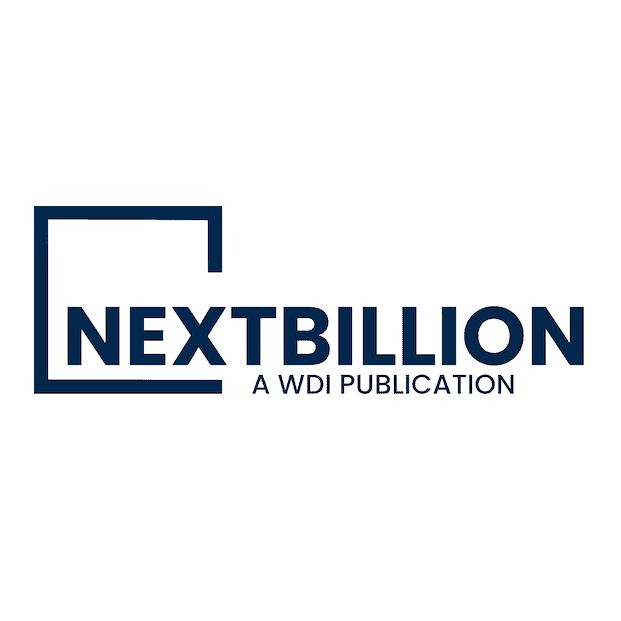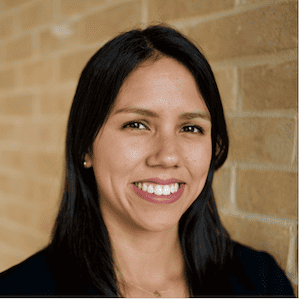-
SACCOs, Social Collateral and Bitcoin Communities: A Filmmaker Documents New (and Old) Ways to Extend Financial Inclusion Past the Limits of Fintech
Luke Willms worked at an African NGO, where he was tasked with creating short videos to showcase the positive impacts of its microcredit program. But as the video project progressed, his assumptions about the effectiveness of microfinance began to unravel. He would spend the next seven years filming stories from across Africa and other regions, exploring whether microlending still held relevance in a rapidly changing world. The resulting documentary, “Unbankable,” was released last year, with the goal of helping to reframe the global conversation around financial inclusion. He shares key stories from the movie, which show how Africa’s informal, trust-based financial systems offer models of resilience and adaptation that could find new applications in other emerging countries.
- Categories
- Finance, Technology
-
Consultants at a Crossroads in Global Development: New Research Reveals their Challenges — And Highlights Strategies for Navigating the Current Disruption
The dismantling of USAID earlier this year has had many ripple effects, including over 238,000 global jobs lost at the agency and its implementing partners. But according to development consultants Alethia Wong and Lorenz Wild, the plight of independent consultants working in global development — who are often not represented in workforce statistics — hasn't received much attention. To better understand these impacts on the consulting ecosystem, they launched a survey of independent consultants earlier this year: They share the results in this article, exploring how development consultants are pivoting to earn income and how contracting companies can support them — and sharing advice from job recruiters for consultants looking for full-time roles.
- Categories
- Social Enterprise
-
How India’s Non-Bank Financial Companies are Closing the MSME Credit Gap — And What Other Emerging Markets Can Learn from Their Success
Micro, small and medium-sized enterprises (MSMEs) make up around 90% of businesses and employ over half of the workforce globally, while generating up to 40% of GDP and creating 70% of formal jobs in emerging markets. Yet according to Sameer Nanda at Ugro Capital Limited, these businesses face an ongoing credit gap that, in India alone, amounts to an estimated ₹80 trillion. He explains how non-bank financial companies are addressing this gap by offering dynamic and flexible lending services designed for MSMEs — and shares useful lessons from their approach that can be applied in other emerging economies with similar credit challenges.
-
When AI Gets It Wrong: Lessons from a Women-Centered Design Experiment Highlight the Need for Inclusive GPTs
In emerging markets, women entrepreneurs continue to face systemic barriers to financial inclusion. And as Koheun Lee at CARE explains, ChatGPT and other AI models sometimes contribute to this exclusion, reinforcing societal biases that limit women’s potential for business growth and long-term financial health. She shares insights from CARE's attempt to build a women-centered design GPT — and proposes some practical steps AI users can take to mitigate bias against women when working with mainstream GPTs.
- Categories
- Finance, Technology
-
Beyond Shock, Money or Mandate: Why African Banks Aren’t Taking Bold Climate Action — And What it Will Take to Move Forward
Africa is one of the most climate-vulnerable regions in the world. Yet though climate finance has emerged as a growing solution, African banks have yet to truly ramp up their climate lending. As Carla Legros and Anthony Mbithi argue, one reason for this lack of urgency is that the financial case for this lending has rarely been framed in ways that resonate with how banks operate — namely, as a clear money-making opportunity in the near to medium term. They share a framework for understanding financial institutions' level of engagement in climate finance, providing funders and policymakers with a tool they can use to match their interventions to banks’ institutional reality.
- Categories
- Environment, Finance, Investing
-
Moving Past the ‘Infrastructure of Hope’: Why Investors, Policymakers and Entrepreneurs Must Build a Modern E-Commerce Ecosystem in Southeast Asia
Small and medium-sized enterprises (SMEs) account for over 95% of all businesses in Southeast Asia, and millions of these entrepreneurs have migrated their hustle online. Yet according to Macy Castillo at Enstack, due to a lack of access to reliable payment options and other tools, they are attempting to build modern e-commerce businesses on a foundation of informal agreements and personal trust: an “infrastructure of hope” that leaves them exposed to payment fraud and locked out of formal finance. She argues that this is the central challenge for economic inclusion in Southeast Asia today, and explores Enstack's solution.
- Categories
- Finance, Technology
-
Aligning Capital with Justice: How Innovative Finance Can Enable the Final Stretch Toward Energy Access in Africa
The world has made unprecedented progress toward universal energy access, and today over 90% of the global population has electricity. But as Roeland Menger at Nithio explains, the remaining 10% live in rural and low-income communities — primarily in Africa — that typical business and funding models can't reach. He argues that the exclusion of these markets is not only ineffective but unjust, and highlights several innovative investment approaches that are expanding decentralized energy to the last mile.
- Categories
- Energy, Environment, Investing
-
A New Green Revolution in Indian Agriculture: How Satellite Remote Sensing is Quietly Transforming the Sector
Satellite remote sensing involves the use of satellite-based sensors to capture data about the earth’s surface. According to Sat Kumar Tomer at Satyukt Analytics, this technology is increasingly being used by Indian farmers and the businesses and organizations that serve them, generating data on vegetation health, soil moisture, irrigation patterns and other key drivers of agricultural productivity. He explores how satellite remote sensing is enabling a data-driven revolution in Indian agriculture, and how the sector can overcome barriers to wider adoption.
- Categories
- Agriculture, Environment, Finance, Technology










